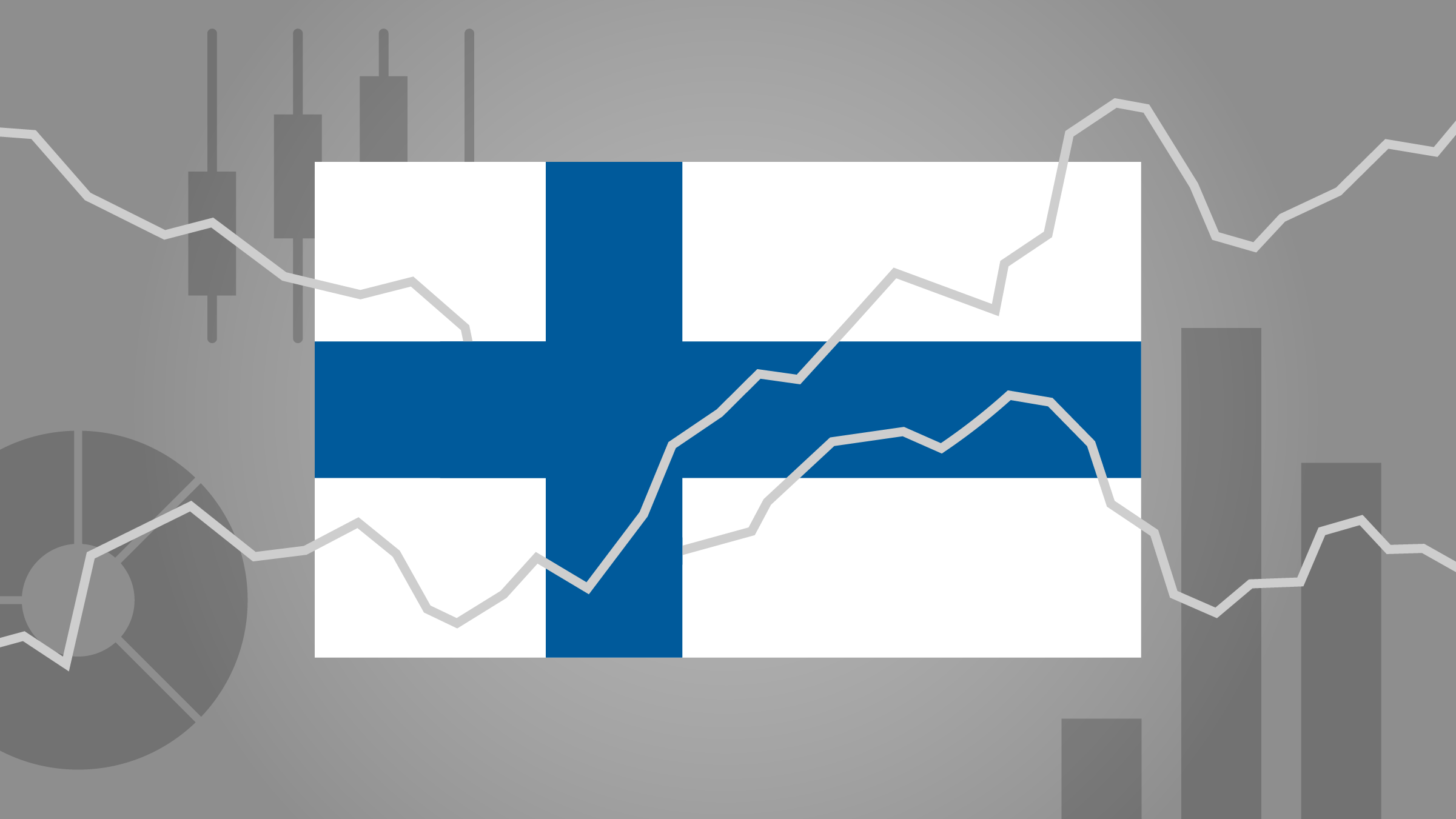Looking back
Argentina began the year being forced to devalue its currency against the dollar. The Argentine peso had been pegged to the dollar for a decade in a proportion of one peso to one dollar. It was a measure which had positive effects in the battle against hyperinflation but which turned disas
trous for the economy after the devaluation of the Brazilian real in early 1999.
The country also had to freeze bank deposits to prevent the collapse of the banking system. It also defaulted on some payments to the World Bank, arguing that no money could be repaid without an International Monetary Fund agreement.
In Brazil Lula da Silva, a member of the leftist Worker’s Party won the presidential elections, which brought uncertainty for the financial community. On the macroeconomic front the country faces difficult problems including: enormous public debt measuring 60% of GDP, double digit inflation, a weaker currency - the real lost 35% of its value against the dollar in 2002, increasing poverty and the need to implement unpopular reforms.
Last but not least Venezuela is suffering one of its most important political crises of recent years with a general strike that has lasted for weeks, badly hitting its oil industry.
Yet the region’s 2002 stockmarket returns were not so dire compared to the general market. The MSCI Latin America index lost 24.8%, in dollar terms, while the MSCI World index declined by 21.1% over the same period.
Argentine troubles
Of course Argentina has suffered heavily. It has been the worst performing stockmarket in the world according to The Economist with the MSCI Argentina index down by 51%. The performance figures could have been much worse were it not for the contribution of an excellent fourth quarter where the Buenos Aires stockmarket rebounded by an impressive 30%. Yet Argentina usually only makes up a small proportion of a Latin American fund’s portfolio.
Brazil also experienced a tremendous rally during the last quarter of 2002 with a 40.3% gain for the MSCI Brazil index thanks to the real’s recovery against the dollar. This improvement, compared with a 7.3% gain for the MSCI World index, limited the loss for the entire year to 33.8%.
Mexico for its part was the “positive” contributor to the region as the MSCI Mexico index dropped only 15% in 2002.
Another important point is that even if the Latin American markets’ returns were in line with those of the global stockmarket they have been negative compared with other emerging markets. For example, the MSCI Emerging Markets Free Index declined by only 8% in 2002 while the MSCI Latin America Index felt by almost 25%.
Prospects
The region still faces many uncertainties and uncertainty is the stockmarkets’ worst enemy. But with the exception of Venezuela the outlook is hopeful. Lula’s victory has not provoked the disaster that many expected and Argentina is on the point of signing an agreement with the International Monetary Fund.
Moreover, as the fourth quarter returns have demonstrated there is room for a surprise on the upside in the region, particularly when the general sentiment is still extremely negative. In this respect Latin American funds were one of the least popular categories of funds in America, as measured by asset outflows. The prospects for the region will depend on the geopolitical and macroeconomic situation, in particular the American recovery.
















